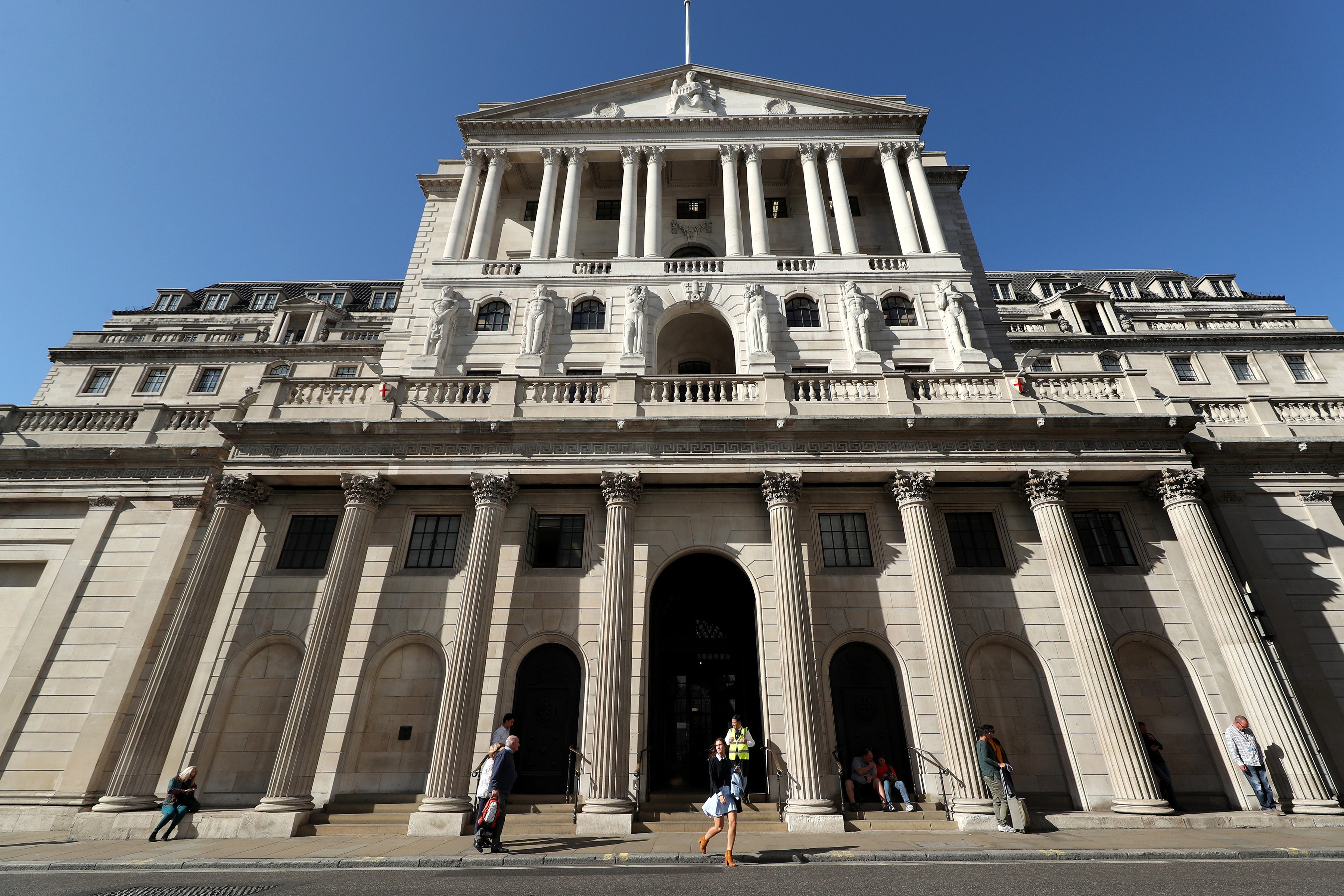Bank should ‘lean against’ longer-term inflation, MPC member says
The Monetary Policy Committee will meet early next month to decide on interest rates.

Your support helps us to tell the story
From reproductive rights to climate change to Big Tech, The Independent is on the ground when the story is developing. Whether it's investigating the financials of Elon Musk's pro-Trump PAC or producing our latest documentary, 'The A Word', which shines a light on the American women fighting for reproductive rights, we know how important it is to parse out the facts from the messaging.
At such a critical moment in US history, we need reporters on the ground. Your donation allows us to keep sending journalists to speak to both sides of the story.
The Independent is trusted by Americans across the entire political spectrum. And unlike many other quality news outlets, we choose not to lock Americans out of our reporting and analysis with paywalls. We believe quality journalism should be available to everyone, paid for by those who can afford it.
Your support makes all the difference.A member of the Bank of England group that sets interest rates has warned that inflation is seeping through to parts of the economy that are normally more stable as she said the Bank should “lean against” long-term inflation.
Catherine Mann said that as the UK goes into 2022, expectations of increases in prices and wages will likely keep inflation strong for longer.
This in turn could reinforce raising prices and wages, she said.
“In my view, the objective for monetary policy now should be to lean against this “strong-for-longer” scenario,” she said
It is the first speech that Ms Mann has given since joining the Bank’s Monetary Policy Committee in September.
The influential committee decides where to set the Bank of England’s base rate, which has knock-on effects on loans that people across the country can take.
Inflation reached historical rates of 5.4% in December, official figures show.
But Ms Mann cautioned that it is not only this headline figure that is rising.
Rising inflation is sometimes driven by rises in food and energy costs, which are volatile and can often settle back down again.
Economists often say that monetary policymakers should look beyond inflation caused by these volatile areas, because it would mean responding to every up and down move in the market. This could in turn spark instability.
But while energy and food prices have soared in recent months, less volatile measures are also seeing rising inflation.
“Much inflation commentary over the last year has explained high current rates by pointing out a few very volatile components such as fuel or automobiles while arguing that ‘underlying inflation’ was still benign,” Ms Mann said.
“While this may have been true initially, going into 2022, this story no longer holds up.”
The MPC is set to meet at the beginning of February.